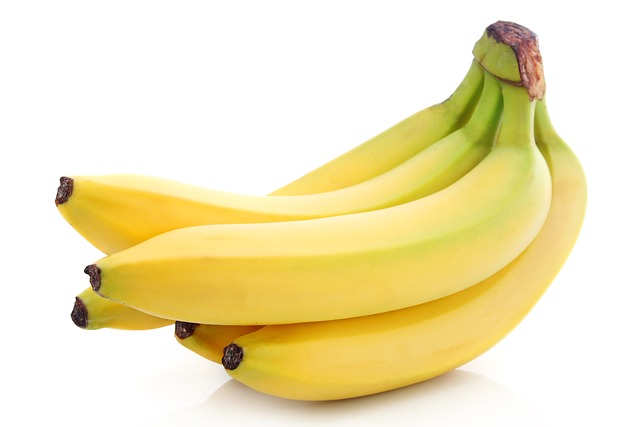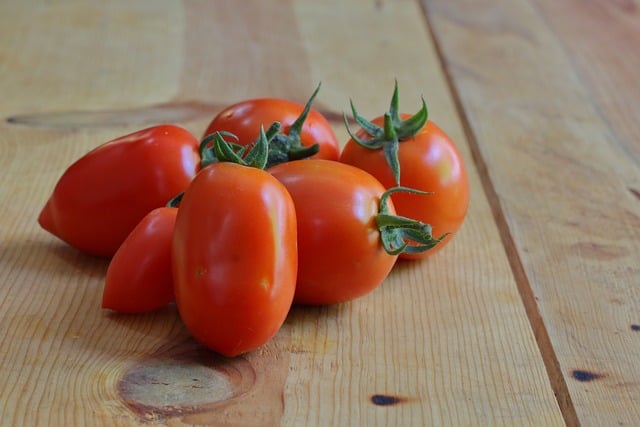Chia seeds have gained immense popularity as a superfood due to their rich nutritional profile and versatility. These tiny black and white seeds, derived from the plant Salvia hispanica, offer numerous health benefits and are easy to incorporate into your daily diet. In this article, we explore the advantages of chia seeds, how to consume them, their impact on digestion, weight loss, protein content, potential dangers, and more.
What Are the Advantages of Chia Seeds?
- Rich in Nutrients:
- Chia seeds are packed with essential nutrients, including fiber, omega-3 fatty acids, protein, calcium, and antioxidants.
- A 28-gram serving contains approximately 11 grams of fiber, 4 grams of protein, and 5 grams of omega-3 fats.
- Supports Digestive Health:
- High fiber content aids digestion, promotes regular bowel movements, and helps prevent constipation.
- Promotes Heart Health:
- Omega-3 fatty acids in chia seeds help reduce inflammation and lower cholesterol levels, supporting cardiovascular health.
- Boosts Energy and Endurance:
- Historically used by Aztec warriors for sustained energy, chia seeds are an excellent source of slow-digesting carbohydrates.
- Improves Bone Health:
- High calcium, magnesium, and phosphorus levels contribute to strong bones and teeth.
- Stabilizes Blood Sugar Levels:
- Chia seeds’ fiber and healthy fats help regulate blood sugar levels, reducing the risk of spikes and crashes.
- Promotes Skin and Hair Health:
- Antioxidants combat free radicals, supporting healthier skin and shinier hair.
How to Eat Chia Seeds?
Chia seeds are incredibly versatile and can be incorporated into your diet in various ways:
- Soaked in Water or Milk:
- Soak chia seeds in water, milk, or plant-based milk for 10-15 minutes to create a gel-like consistency. This can be eaten as is or used in recipes like puddings.
- Added to Smoothies:
- Blend a tablespoon of chia seeds into your favorite smoothie for a nutrient boost.
- Sprinkled on Foods:
- Sprinkle chia seeds on oatmeal, yogurt, salads, or cereal for a crunchy texture.
- Used in Baking:
- Add chia seeds to bread, muffins, or granola bars for added fiber and nutrients.
- As a Thickener:
- Use chia gel as a natural thickener for soups, sauces, or dressings.
Do Chia Seeds Digest Quickly?
Chia seeds digest slowly due to their high fiber content, which promotes a gradual release of energy. When soaked, they form a gel-like consistency, making them easier to digest and reducing the risk of digestive discomfort.
Do Chia Seeds Contain Caffeine?
No, chia seeds do not naturally contain caffeine. However, they can boost energy levels due to their nutrient-rich composition, including protein, healthy fats, and slow-digesting carbohydrates. This makes them an excellent choice for sustained energy without the jitters associated with caffeine.
Chia Seeds for Weight Loss
- Appetite Suppression:
- Chia seeds expand when soaked, increasing their volume and helping you feel full for longer. This can reduce overall calorie intake.
- Boosts Metabolism:
- High protein content aids muscle repair and maintenance, supporting a higher metabolic rate.
- Regulates Blood Sugar:
- Stabilizing blood sugar levels helps reduce cravings for unhealthy snacks.
To use chia seeds for weight loss, consume 1-2 tablespoons daily as part of a balanced diet and exercise plan.
How Much Chia Seeds Per Day?
- The recommended daily intake of chia seeds is 1-2 tablespoons (approximately 28 grams).
- Exceeding this amount may cause digestive discomfort due to their high fiber content.
Protein in Chia Seeds
Chia seeds are an excellent plant-based protein source, containing about 4 grams of protein per 28-gram serving. This makes them ideal for vegetarians, vegans, and anyone looking to increase their protein intake.
Dangers of Chia Seeds
While chia seeds are highly nutritious, there are some potential risks to be aware of:
- Digestive Issues:
- Consuming too many chia seeds, especially without soaking, can lead to bloating, gas, or constipation due to their high fiber content.
- Choking Hazard:
- Dry chia seeds can expand in the esophagus when exposed to liquid, posing a choking risk if not consumed carefully. Always soak them if consuming in large quantities.
- Medication Interactions:
- Chia seeds may lower blood pressure and thin the blood, so individuals on blood-thinning or blood-pressure medications should consult their doctor before consumption.
- Allergic Reactions:
- Though rare, some people may be allergic to chia seeds. Symptoms can include itching, swelling, or difficulty breathing.
Conclusion: Embrace the Benefits of Chia Seeds
Chia seeds are a nutritional powerhouse offering numerous health benefits, from improved digestion to sustained energy and weight management. By incorporating them into your diet mindfully and in appropriate amounts, you can enjoy their advantages without any risks.
Start adding chia seeds to your meals today and experience their transformative impact on your health and well-being!


Pingback: Why Is Eating Healthy So Expensive? The Truth Behind the Cost of Nutritious Food - Wellness Readers Digest
Pingback: Why You Should Start Your Day with Walnuts: The Ultimate Breakfast Superfood - Wellness Readers Digest
Pingback: Best Diet for Midlife: Foods to Boost Metabolism, Energy, and Longevity - Wellness Readers Digest
Pingback: Proven Strategies to Calm Nerves: Anxiety Management for Men, Women, and Children - Wellness Readers Digest